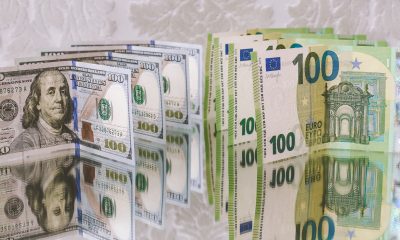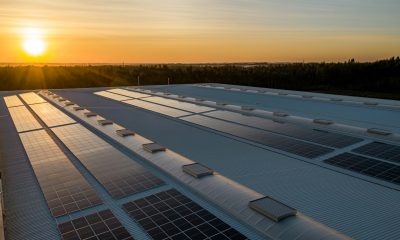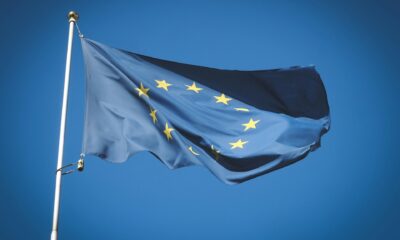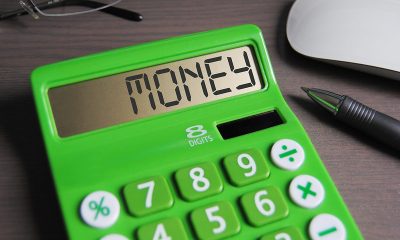Featured
Spain: 40% of ‘Article 9’ Funds Downgraded Their Sustainable Label in the Last Quarter of 2022
From Morningstar’s report, it also appears that sustainable Article 9 funds posted positive net inflows every quarter of 2022. This was in a year of high market volatility, in which non-ESG funds, as well as Article 8 funds, suffered outflows. The starkest contrast came in the second and third quarters when ‘item 8s’ suffered outflows of 30 billion in both cases.
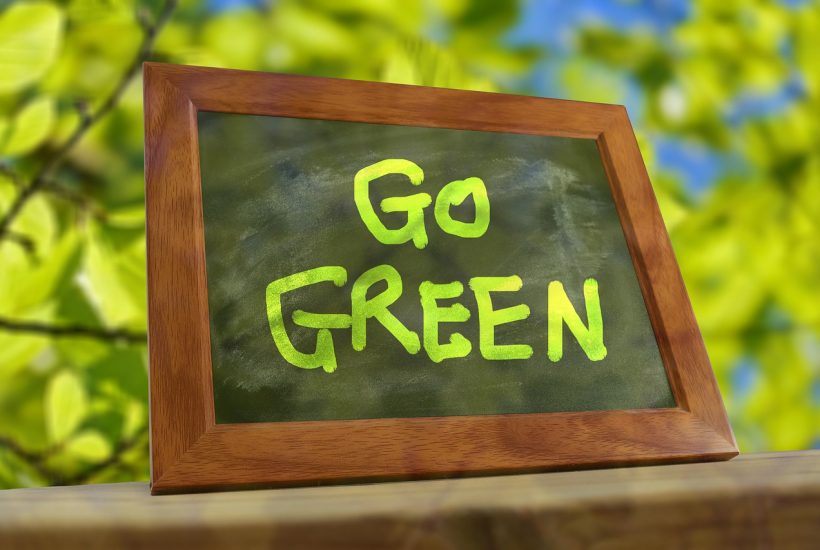
In the fourth quarter of 2022, a total of 307 investment funds marketed in the EU downgraded their sustainable label from Article 9 (the purest in sustainability) to Article 8 (ESG funds, i.e. funds that promote environmental, social, and governance criteria). The 8s are less demanding than the 9s, as established by the European Commission’s Sustainable Finance Disclosure Regulation (SFDR).
These 307 funds represented €175 billion, and with them 40% of all assets in Article 9 products for sale in the EU have vanished. This is revealed in Morningstar’s latest sustainable fund flows report. Spain is aiming for the highest standards in sustainable funds.
Article 9 funds are characterized by the fact that 100% of investments (leaving aside liquidity) must be “sustainable”, as the European regulator Esma clarified last summer.
The reason for this flurry of downgrades is none other than the entry into force, this January 1, of level 2 of the Disclosure Regulation, which requires managers to disclose more data on the sustainable approach of their funds, their sustainability risks, and their impact. In Article 9, this disclosure requirement is the maximum. And the clarification provided by Esma (the one about 100% “sustainable” investments) did not start to be taken into account by many asset managers until the end of 2022, as they prepared their pre-contractual documents in view of precisely that January 1st, 2023 deadline. This is why this final part of the year has been the main focus of the wave of downgrades.
read more about sustainable funds in Spain and find the most important business headlines of the day with the born2invets mobile app.
ETFs and passive funds accounted for 41% of the markdowns
The same report also warns that “only 6.3% of article 9 products aim to invest between 90% and 100% of the portfolio in sustainable investments”, and “only 36 products aim for 100%”. Almost two-thirds (63%) put this percentage above 70%.
It is the fund managers who self-classify their funds in one category or another within the SFDR. In recent months, there have been many downgrades from 9 to 8, although so far not so massive (in the third quarter, 41 funds were downgraded).
Following these relabelings, Article 9 funds now account for 3.3% of the assets in funds marketed in the EU (5.2% at the end of September), while Article 8 funds have risen to 52.2% (from 48.3% at the end of the third quarter). Thus, overall, sustainable funds now account for 55.5% of the universe of funds for sale, up from 53.3% three months earlier. 27% of Spanish ESG funds, in the ‘focus’ of the European regulator.
Most – 41% – of the label downgrades have been carried out by ETFs and passive funds that replicate indexes aligned with the Paris Agreement. This has happened “after their managers became aware that the underlying indices were not designed to include only sustainable investments as defined by SFDR,” Morningstar analysts note. Several of these index fund managers have clarified that their products “will revert to Article 9 classification if the regulator makes a public statement that the Paris Agreement-aligned benchmarks automatically qualify as such,” add the authors of the report, signed by Hortense Bioy, global head of Sustainability Research at Morningstar, along with experts Boya Wang and Arthur Carabia. In any case, this cycle of downgrades is not over. “We expect more reclassifications,” they say.
Article 9 funds posted positive net inflows
From Morningstar’s report, it also appears that sustainable Article 9 funds posted positive net inflows every quarter of 2022. This was in a year of high market volatility, in which non-ESG funds, as well as Article 8 funds, suffered outflows.
The starkest contrast came in the second and third quarters when ‘item 8s’ suffered outflows of 3€0 billion in both cases. ‘Article 9s’ received inflows of about €5 billion and about €10 billion, respectively, in each of those periods. In 2022 as a whole, net inflows into the purest funds hovered around €30 billion. If we stick to the data for the last third of the year, the fund with the largest inflows was the Mercer Passive Sustainable Global Equity CCF, which received around €1.2 billion, followed by the NT World Natural Capital PAB Index Fund II (over €700 million) and the NN (L) Green Bond (with around €580 million).
__
(Featured image by geralt via Pixabay)
DISCLAIMER: This article was written by a third party contributor and does not reflect the opinion of Born2Invest, its management, staff or its associates. Please review our disclaimer for more information.
This article may include forward-looking statements. These forward-looking statements generally are identified by the words “believe,” “project,” “estimate,” “become,” “plan,” “will,” and similar expressions. These forward-looking statements involve known and unknown risks as well as uncertainties, including those discussed in the following cautionary statements and elsewhere in this article and on this site. Although the Company may believe that its expectations are based on reasonable assumptions, the actual results that the Company may achieve may differ materially from any forward-looking statements, which reflect the opinions of the management of the Company only as of the date hereof. Additionally, please make sure to read these important disclosures.
First published in elEconomista.es, a third-party contributor translated and adapted the article from the original. In case of discrepancy, the original will prevail.
Although we made reasonable efforts to provide accurate translations, some parts may be incorrect. Born2Invest assumes no responsibility for errors, omissions or ambiguities in the translations provided on this website. Any person or entity relying on translated content does so at their own risk. Born2Invest is not responsible for losses caused by such reliance on the accuracy or reliability of translated information. If you wish to report an error or inaccuracy in the translation, we encourage you to contact us.

-

 Impact Investing1 week ago
Impact Investing1 week agoEnfinity Launches First Solar Plant in Italy with Microsoft
-

 Markets5 days ago
Markets5 days agoSilver Dips Sharply, While Gold Gains Amid Mixed Stock Market
-

 Crowdfunding2 weeks ago
Crowdfunding2 weeks agoEvenFi Launches Run-Off Service to Protect Investors as Crowdfunding Platforms Exit
-

 Africa2 days ago
Africa2 days agoTunisia Holds Interest Rate as Inflation Eases, Debate Grows
